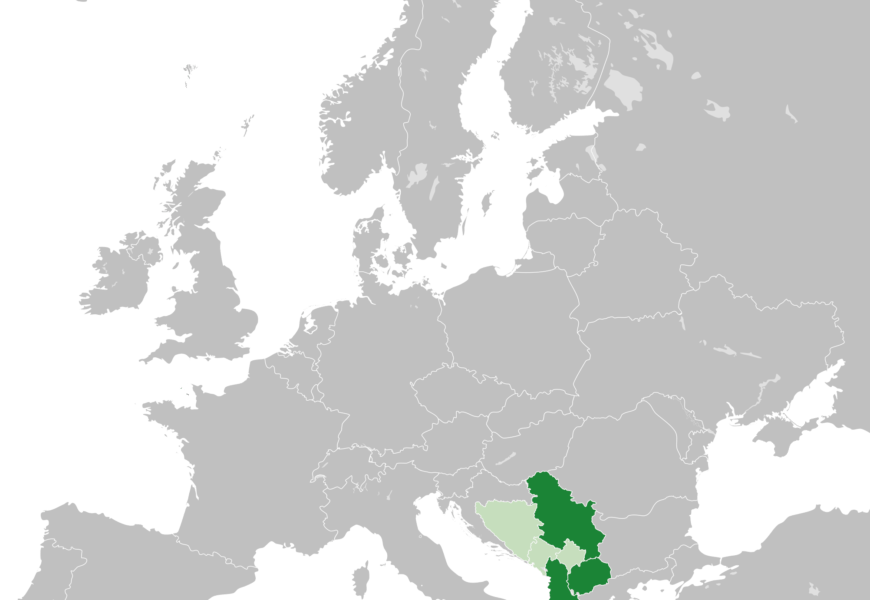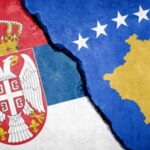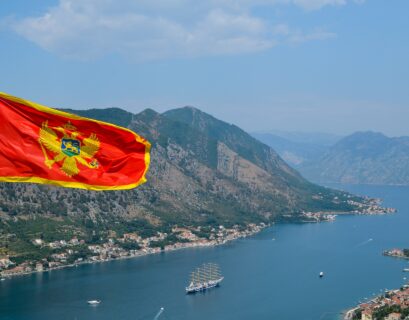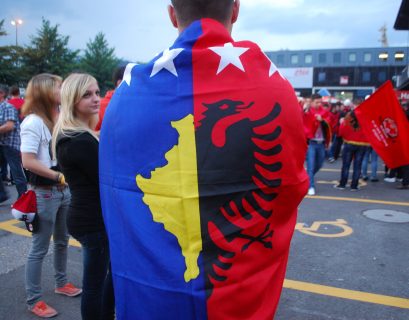The Open Balkans: Tangled Up in Disbelief and Aspirations
The region of South-East Europe, and particularly the Western Balkans, have intermittently had various intra-regional initiatives throughout its modern history, which either neighboring countries or external actors have received with skepticism.
The Open Balkans initiative, which the Republic of Serbia, Albania and North Macedonia established in 2019, is one of those political initiatives stemming from an intra-regional endeavor, which other Western Balkans states that are not yet part of this initiative, and to some extent, the EU and the U.S, have met with skepticism. Thus, despite the normative commitment to the so-called four freedoms, similar to the single market as a corollary of economic integration in the European Union, and the usual mantra of economic growth and development articulated in the public deliberations and official proclamations of the Open Balkans initiative, support for this locally rooted initiative has not increased. Although the skepticism towards the Open Balkans may appear sound and justified, paradoxically the individual national-state policy of individual, merit-based integration into the European Union has hampered the Western Balkan region from exerting its political agency in a globalized society.










